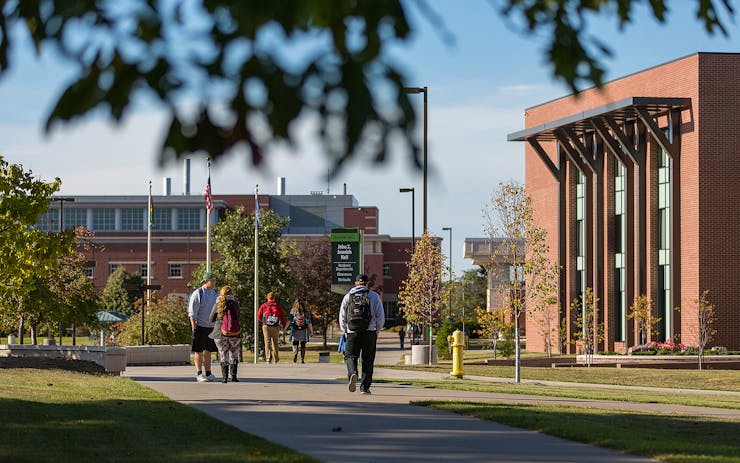Michigan officials are gearing up for a mad rush on Dec. 15, the first day cannabis business-license applications become available in the state. The Department of Licensing and Regulatory Affairs will be releasing applications for all five categories of the state’s medical cannabis industry, including cultivation, processing, testing, transportation, and sales.
Nearly a thousand would-be business operators have signed up for state-run training sessions, Shelly Edgerton, director of the state’s licensing department, told a crowd in Ann Arbor, according to the Detroit Free Press. “We may have 50. We may have 1,500. We may have 5,000,” she said.
Attendees of the Ann Arbor training session had a host of questions about application details, the Free Press reported, ranging from licensing-related costs to how the state will accept tax payments. Offices in other states have been overwhelmed as cannabis operators, largely unable to get comprehensive banking services, deliver thousands of dollars in cash.
Dispensaries have been operating in a kind of gray area in Michigan for several years. Medical marijuana became legal in 2008, but no statewide licensing program existed at the time.
The shift to a state-regulated industry could cause some hiccups. Some lawmakers have called for dispensaries to shut down on Dec. 15, reopening only once they receive a state licenses. Others worry that could interrupt access to medicine for cannabis patients. State lawmakers in both the House and Senate have introduced bills that would allow dispensaries to stay open during the transition period.
The state was home to 218,556 registered patients as of late 2016, according to the most recent available state data. Here at Leafly, we estimate that number has grown roughly 10% during 2017, putting the number of current patients at around 240,000.
Northern Michigan University to Offer Cannabis Degree
The largest university in Upper Peninsula is offering a degree in cannabis. Northern Michigan University in Marquette began its medical plant chemistry program this semester. The program, which boasts about a dozen students in the first class, according to the Detroit Free Press, combines chemistry, biology, botany, horticulture, marketing, and finance.
It’s designed to give students a more traditional approach to cannabis education than niche programs at schools like Oaksterdam University or Humboldt Cannabis College. Students at NMU, the school says, will benefit from a traditional, four-year college experience and also addresses the science and business of growing cannabis.





